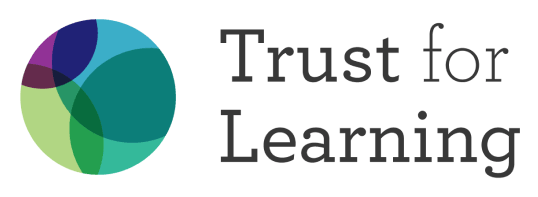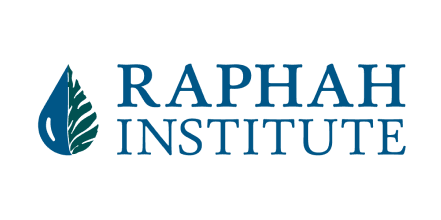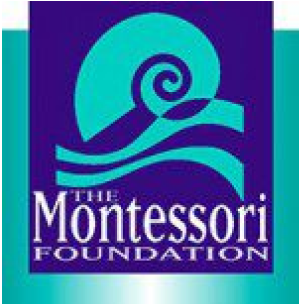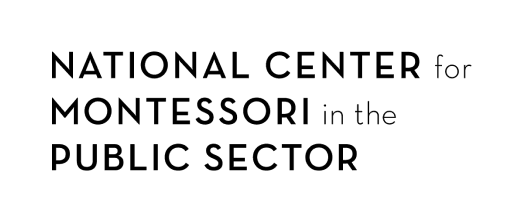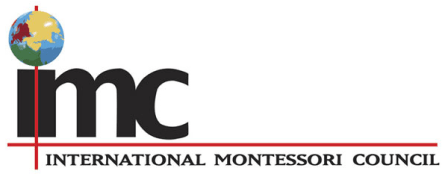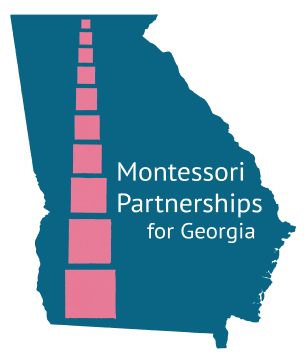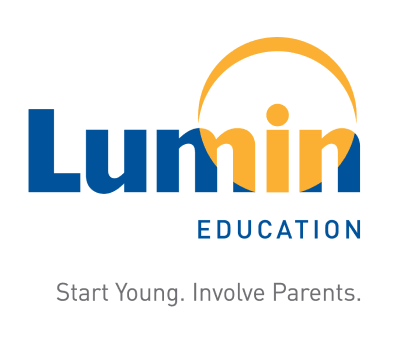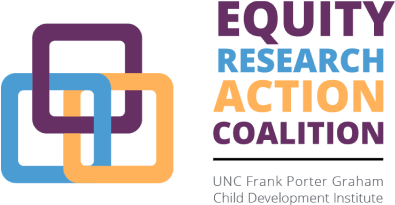The Prepared Adult Initiative (PAI) is offering a free program to increase family wellbeing through an awareness of human development and effective at-home activities. The program includes a brief interview with a parent coach, sharing some developmentally appropriate activities with parents, and then parents providing feedback on their experience with the activities. PAI is actively recruiting parents to participate.
Sign up!
The Prepared Adult Initiative (PAI) is a philanthropic effort seeking to
CREATE AN EXPONENTIAL INCREASE IN THE NUMBER OF PREPARED ADULTS.
vision
To foster the development of as many prepared adults as possible – people with empathy, creativity and ability to face complex challenges.
priorities
PAI seeks to catalyze family awareness of how impactful a prepared home environment can be for childhood development.
We seek to learn and share with parents, educators, administrators, researchers, policy makers and children.
giving
We support interested families with research based guidance and resources. We also support organizations, and academic research through contributions and networking opportunities.
Latest News
Montessori Curriculum to Standards Alignment (MCSA)
New tool developed by NCMPS to facilitate Montessori education in public sector
The Prepared Adult Initiative supported development, dissemination, and ongoing professional development for the National Center for Montessori in the Public Sector (NCMPS) Montessori Curriculum to Standards Alignment (MCSA), a comprehensive (PreK3 - 6th grade) alignment between the Montessori curriculum and Common Core, Head Start Early Learning, Next Generation Science, and College, Career and Civic Life (C3) Social Studies Standards. The tool maintains the integrity of Montessori while supporting teachers in understanding how they are addressing the required standards. On a policy level, the MCSA demonstrates the validity of the Montessori curriculum.
Lillard and Denervaud Featured in BBC Article
Recent article
A recent article from the BBC discusses Montessori education. Dr. Angeline Lillard and Dr. Solange Denervaud, two individuals whom PAI has provided support for research projects, are featured within the article. The BBC article discusses the impact and history of Montessori education.
Find the article here.
Materials and Design for the Montessori Teacher Residency
New training program to address diversity and preparation of teachersin public Montessori
The Prepared Adult Initiative supported the National Center for Montessori in the Public Sector's (NCMPS) development of a full suite of teacher preparation materials, including albums and videos of the full Montessori curriculum for ages 3-12. In its second year of development, NCMPS is working with these materials to create pathways to training that are tailored and personalized to public school needs, schedules, and budgets. This means modularization that allows for individual Residents to begin training at various points during the year and coordination to allow for Residents from cohorts across the country to join together for online instruction. In conjunction with the learning materials, these novel modes of organization and presentation are supporting teacher residencies across the country with a consistent, high-quality training that centers equity and supports the needs of a broad diversity of public schools, Residents, and students.
Multigenerational Study of Head Start Efficacy
New study reveals significant intergenerational gains in social well-being
A recent study conducted by Andrew Barr and Chloe Gibbs,
"
Breaking the Cycle? Intergenerational Effects of an Anti-Poverty Program in Early Childhood" (published in the Journal of Political Economy), discusses
recent findings related to the long-term, intergenerational impact of Head Start. Their findings indicate that individuals who were enrolled in Head Start programs
experienced long-term gains in social well-being when compared with the social well-being of previous generations. This press release neatly summarizes the study.
Read the entire report (pre-publication version)
Denervaud in PsyPost
New neuroscience research is discussed
The article "Education shapes the structure of semantic memory and impacts creative thinking" by Dr. Solange Denervaud and colleagues (published
in npj Science of Learning), discusses recent findings related to the impact that education has on how children represent concepts in semantic memory. Their findings suggest that "different educational experiences
can affect higher cognitive functions, including creative thinking." This article has been highlighted and neatly summarized by the folks at PsyPost.
Read more
Contact Us
PAI is interested in connecting with people and organizations to learn about exciting groups and projects to aid supporting parent and child development. PAI does not accept or consider unsolicited proposals.

